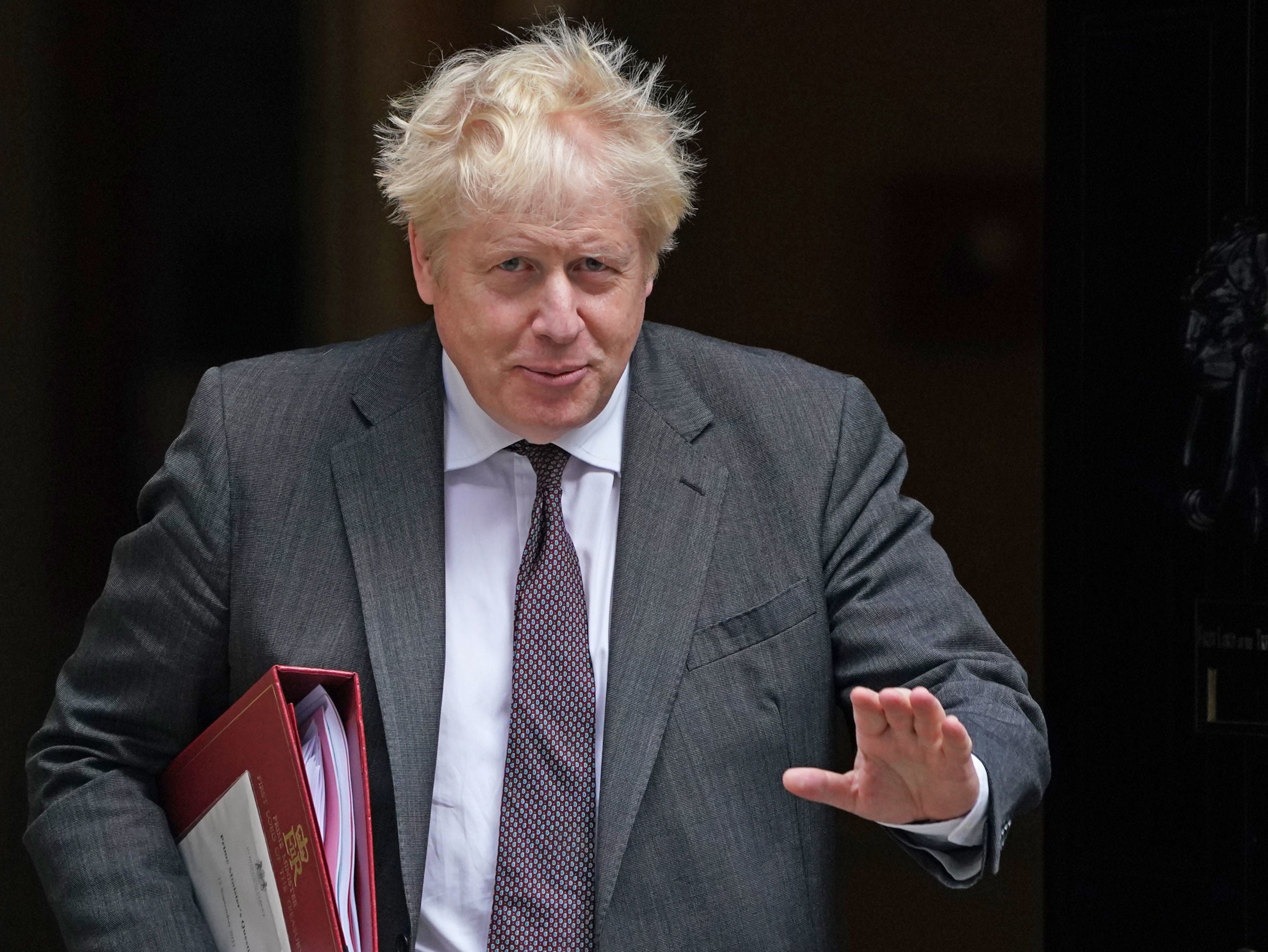Government spends half a million pounds trying to block release of information under transparency laws
Public concerned about increasing government secrecy after departments call in lawyers

Your support helps us to tell the story
From reproductive rights to climate change to Big Tech, The Independent is on the ground when the story is developing. Whether it's investigating the financials of Elon Musk's pro-Trump PAC or producing our latest documentary, 'The A Word', which shines a light on the American women fighting for reproductive rights, we know how important it is to parse out the facts from the messaging.
At such a critical moment in US history, we need reporters on the ground. Your donation allows us to keep sending journalists to speak to both sides of the story.
The Independent is trusted by Americans across the entire political spectrum. And unlike many other quality news outlets, we choose not to lock Americans out of our reporting and analysis with paywalls. We believe quality journalism should be available to everyone, paid for by those who can afford it.
Your support makes all the difference.Government departments have spent at least half a million pounds since 2016 trying to block the release of information under transparency laws, an investigation has found.
Lawyers working for six government ministries have challenged rulings by the Information Commissioner and left taxpayers to foot the legal bill.
A government spokesperson said "particularly sensitive" information should sometimes be kept from the public, but transparency campaigners argued that ministers should not be using public money to hide things from the public.
It comes as new polling conducted by Savanta ComRes found that 71 per cent of people said that they were concerned at increasing government resistance to disclosing information. Just one in six of the people surveyed (18 per cent) said they were not concerned.
The biggest spender on lawyers was the Department of Health and Social Care which racked up legal bills of more than £129,000 fighting a single case to try to stop the release of ministerial diaries.
In that case a judge eventually ruled that most of the information should be released, against the wishes of the government.
The same department also spent £20,000 trying to stop journalists from obtaining information about fire safety in hospitals, as well as £87,000 preventing the release of drafts of a policy document about childhood obesity.
The Ministry of Housing, Communities and Local Government also spent £38,950 trying to block the release of ministerial diaries to another journalist, while the Department for Work and Pensions spent over £80,000 defending three appeals agains the information Commissioner.
The Department for Education also separately racked up a bill of more than £52,000.
Peter Geoghegan, editor-in-chief of investigative outfit openDemocracy which conducted the investigation in the legal bills said: “At a time when the public are concerned about government secrecy it is deeply ironic that government departments are spending hundreds of thousands of pounds of public money to hide information from the public. Ministers need to stop using public money to hide from public scrutiny.”
Last year it was revealed in official figures that free access to government information has plunged to record levels under Boris Johnson's premiership.
Civil servants in the orbit of Downing Street are increasingly failing to respond to freedom of information requests in line with their obligations – with the Cabinet Office the worst performing.
The Cabinet Office now answers just 64 per cent of freedom of information requests on time, down from 85 per cent in 2019. As recently as 2017 it was answering 95 per cent of requests.
The government has also been caught advising public bodies on how to circumvent freedom of information regulations.
A government spokesperson defended the approach taken by ministers and civil servants to transparency.
"The government is committed to being as transparent as possible, but when considering FOI requests we have to balance the need to make information available with our duty to protect sensitive information," a government spokesperson said.
"Just like any other public authority, under the FOI Act the government has a right to appeal ICO rulings and set out our position when we feel there is a need to protect particularly sensitive information, including related to national security and personal data.
"We are routinely disclosing information beyond our obligations under the FOI Act, and releasing more proactive publications than ever before."
Join our commenting forum
Join thought-provoking conversations, follow other Independent readers and see their replies
Comments